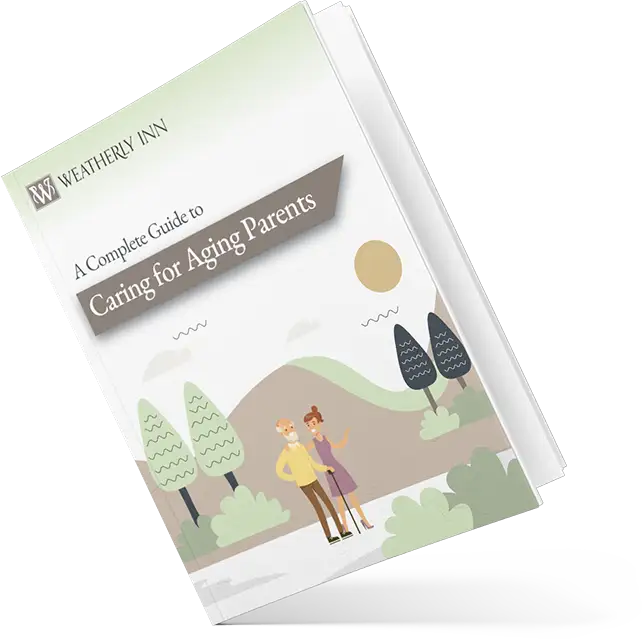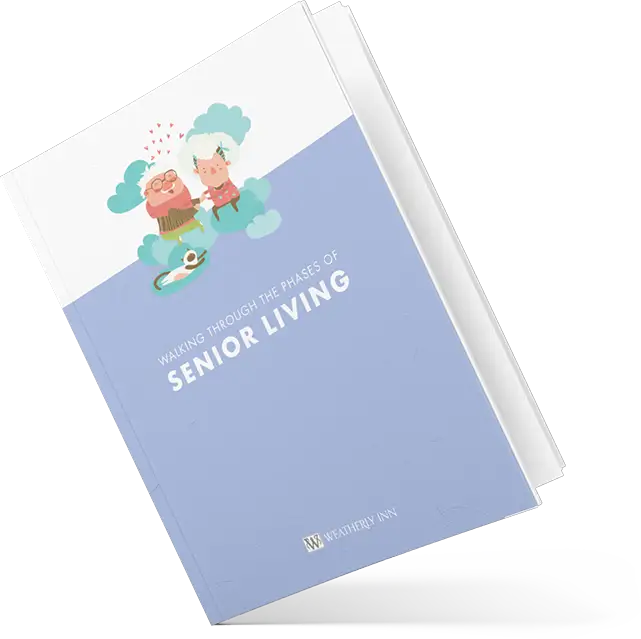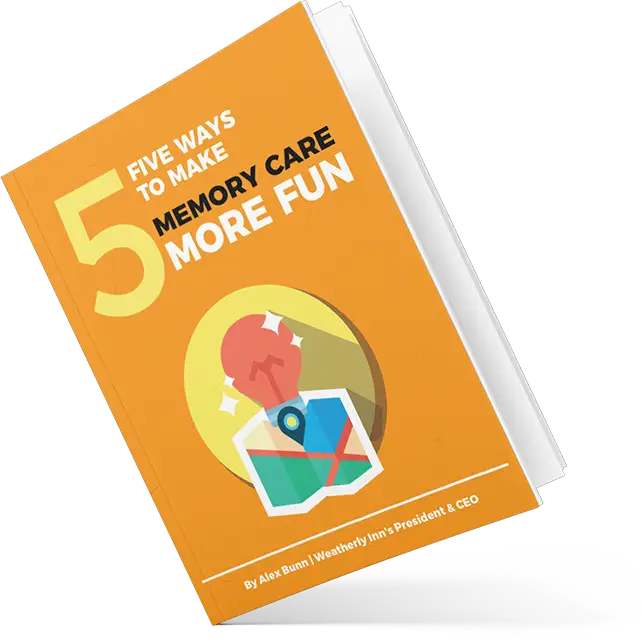July 7, 2025
Finding the right senior living community is one of the most important decisions a family can make. Whether you’re searching on behalf of a loved one or planning ahead for your own future, it’s about more than housing; it’s about finding a lifestyle that fits your values, supports your health, and fosters dignity, joy, and connection.
This guide is designed to walk you through everything you need to know about choosing the right senior living community, from understanding the different types of care available to what to do next.
Understanding the Different Types of Senior Living Options
Senior living isn’t one-size-fits-all. Your decision should be guided by both current and future needs, not spur of the moment. There are many different care types within each community, so choosing the right one is important.
Independent Living Communities
Ideal for active adults 55+, these communities offer minimal care services but include amenities like housekeeping, social activities, and dining. They’re designed for lifestyle enhancement, not medical care.
Assisted Living Communities
These are meant for seniors who may need support with personal care such as bathing, dressing, and medication management. Assisted living communities balance independence with the right amount of support, to ease families’ peace of mind.
Memory Care Communities
Specifically designed for individuals with Alzheimer’s or other forms of dementia. These are secure, structured environments with trained staff members, who use compassion and skill to best serve our residents, along with daily routines that promote calm and stability.
Continuing Care Retirement Communities (CCRCs)
These offer multiple levels of care like the ones mentioned above all in one location. They’re suited for those who want to age in place long term, without needing to relocate as care needs change.
What to Look for When Choosing a Senior Living Community
When comparing communities, it’s important to look beyond the brochures. To really understand whether a community is going to be the right fit, these are the elements that directly impact quality of life:
Location and Proximity
Being near family members, medical providers, and familiar neighborhoods can ease the transition and promote regular visits from friends and family.
Levels of Care and Transition Flexibility
Ask whether the community can accommodate changes in health over time. Can a resident move from independent living to assisted living or memory care if needed?
Staff Members and Resident Relationships
High staff-to-resident ratios, low turnover, and visible warmth between staff and residents are strong indications of quality care and community culture.
Safety Features and Accessibility
Look for grab bars, wide hallways, emergency call systems, accessible fire alarms, and secured entrances. A well-designed space prevents accidents and furthers mobility.
Questions to Ask When Touring a Community
Bring a checklist and ask direct questions. You’re looking at more than just a place to live—it’s quality of life.
- What is the staff-to-resident ratio?
- How are care plans developed and updated?
- What is your policy for medical emergencies?
- Are pets allowed?
- How often are activities updated and tailored to resident interests?
- Can I speak with current residents or family members?
Financial Planning
The first step to financial planning for senior living is, of course, to ask what’s included in the monthly fee. Some communities are all-inclusive, covering housing, meals, care services, fitness classes, and social activities. Others offer à la carte pricing. Also ask about entrance fees, deposits, and how often rates are reassessed. Make sure that you understand the policy on rate increases, especially if care needs change.
Also, knowing what payment options you have is something good to know. Most senior living communities accept private pay, long-term care insurance, and VA benefits. Some communities accept Medicaid. Be sure to understand eligibility and limitations.
The 55+ Community Rule
55+ communities are legally allowed to limit residency based on age under the Housing for Older Persons Act. These communities often cater to active adults and differ significantly from assisted living. While they don’t usually offer medical care, they provide lifestyle conveniences, security, and a sense of community among peers.
Are Senior Living Communities Worth It?
If they align with your needs and values, they certainly can be. A well-chosen community offers more than care: it provides daily enrichment, reduces isolation, and gives families peace of mind. Plus, when compared to the cost of in-home care, property upkeep, and medical services, senior living communities often provide a better overall value.
What to Watch For
Not every community is a good fit. Watch out for red flags like disengaged or inattentive staff, poor cleanliness, withdrawn or unhappy looking residents, and a lack of transparency on pricing or care services. For obvious reasons, these are all big indications that your best bet is somewhere else.
Final Thoughts
Choosing the right senior living community is a journey that involves evaluating care, culture, cost, and future planning. The best decisions come from informed, proactive steps, not rushed ones. Take time to explore, ask questions, and trust your observations. And remember, it’s not just about where someone lives—it’s about how they live.
Why Consider Weatherly Inn?
At Weatherly Inn, we understand what matters most when it comes to senior living: comfort, dignity, and trust. Our communities in Washington State are rooted in a legacy of care, offering memory care, assisted living, and independent living options tailored to each resident’s specific needs.
Every space is designed with warmth and elegance, and every day is structured around a community of vibrant living. From personalized care services to engaging social activities, our staff members are here to make each resident feel at home and supported every step of the way.
Disclaimer: This article is for informational purposes only and does not constitute medical, legal, or financial advice. It’s recommended to consult with a medical, legal, or financial professional for your specific circumstances.



